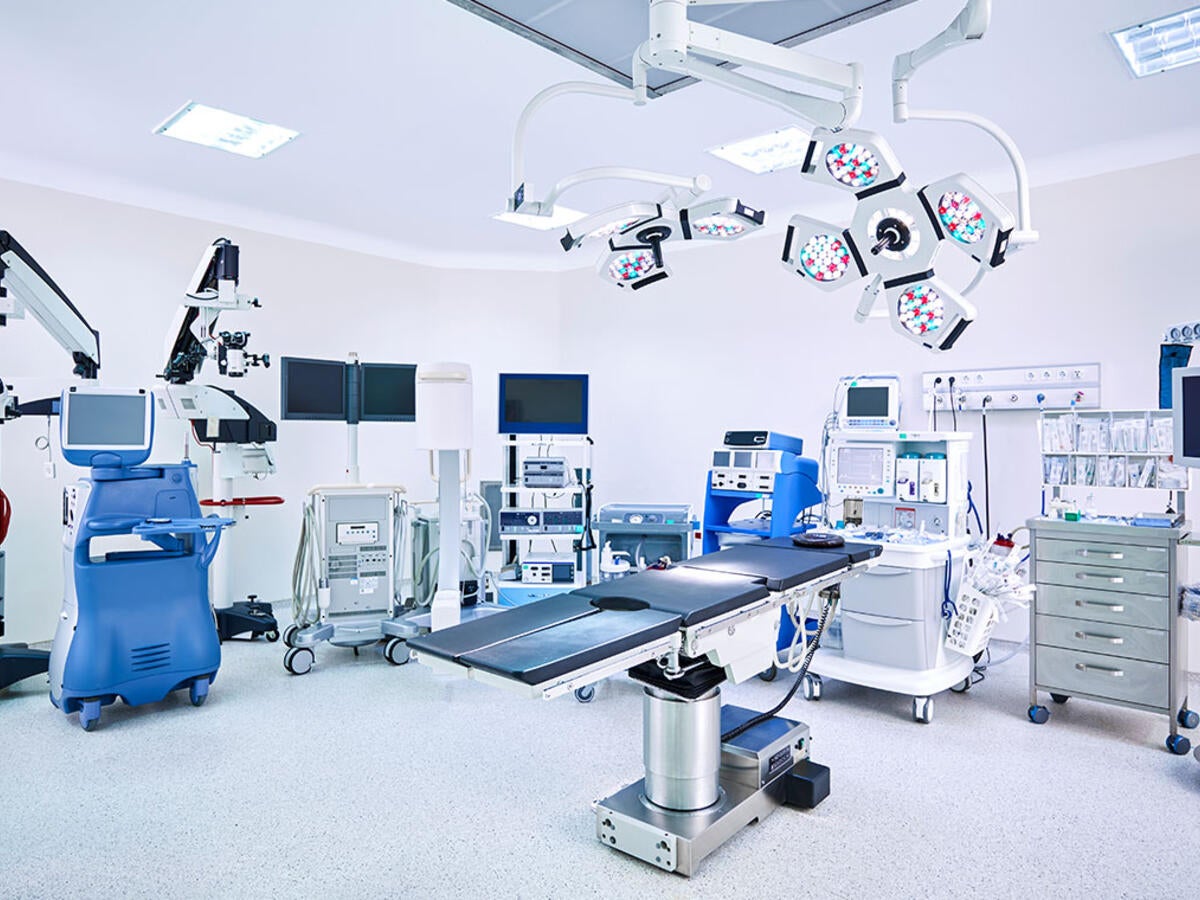October 3, 2025
Sarah Fitzgerald
U.S. government shutdown overview
When there is disagreement on the national budget, the U.S. can experience a government shutdown. In reality, it is not that all government activities stop, but rather that activities that are considered non-essential on a daily basis are no longer funded during this period. Critical activities are still funded.
For some government employees, however, while they are still expected to work, they may not be paid until the government shutdown ends. The shutdown ends when a budget is agreed upon in Congress. Congress next meets on Oct. 7, so that is the earliest that the shutdown could end, and it may last longer. The longest shutdown lasted 35 days. The U.S. Food and Drug Administration (FDA) does not generally provide the time period for which this carryover funding is expected to last, so if the shutdown lasts for a long time, additional employees may be furloughed.
Effects of a government shutdown on the FDA
The U.S. government remains committed to protecting public safety, and all FDA activities related to imminent risks to the safety of human life continue even during a shutdown. This includes surveillance of adverse event reports, detecting and responding to public health emergencies, including foodborne illnesses and infectious diseases, managing recalls, mitigating shortages, conducting certain inspections, including for-cause inspections, import screening, and other similar activities.
The FDA notes that 86% of FDA staff (13,872) will be retained throughout the shutdown, including 19% (3,132) exempt because their activities are deemed necessary and 66% (10,740) who are exempt for other reasons, such as through carryover funding. Additionally, activities funded by user fees may utilize carryover user fee funding during lapsed standard funding until those run out, including review of submissions that have already been made to the FDA.
New applications and other activities may be temporarily halted
The FDA is not able to accept new applications that require paying a user fee, including relevant submissions for medical devices, drugs, and biologics. Certain research and innovation activities conducted by the FDA would halt, as would longer-term policy development activities. FDA recruitment, hiring, and staff development are generally placed on hold.
How the shutdown affects the medical device industry
Medical device manufacturers will not be able to pay any user fees or make any new submissions that require user fees during the government shutdown, including 510(k), de novo, and PMA submissions. This can lead to delays in bringing medical devices to the U.S. market.
Although submissions that have previously been made are currently expected to continue to be reviewed, there may be delays. Additionally, new submissions that do not require user fees may continue to be submitted, but there are expected to be delays related to new submissions. If carryover funding is depleted, review may be further delayed or potentially halted.
Concluding remarks
The FDA retains 86% of its staff during the government shutdown and will continue to conduct all activities considered critical to safety. The main impact of the government shutdown at this time for medical device manufacturers is that new submissions that require user fees cannot be submitted. While there may be delays in reviewing other submission types and completing reviews, these activities are expected to continue at least until and if carryover funding expires.
Request more information from our specialists
Thanks for your interest in our products and services. Let's collect some information so we can connect you with the right person.






